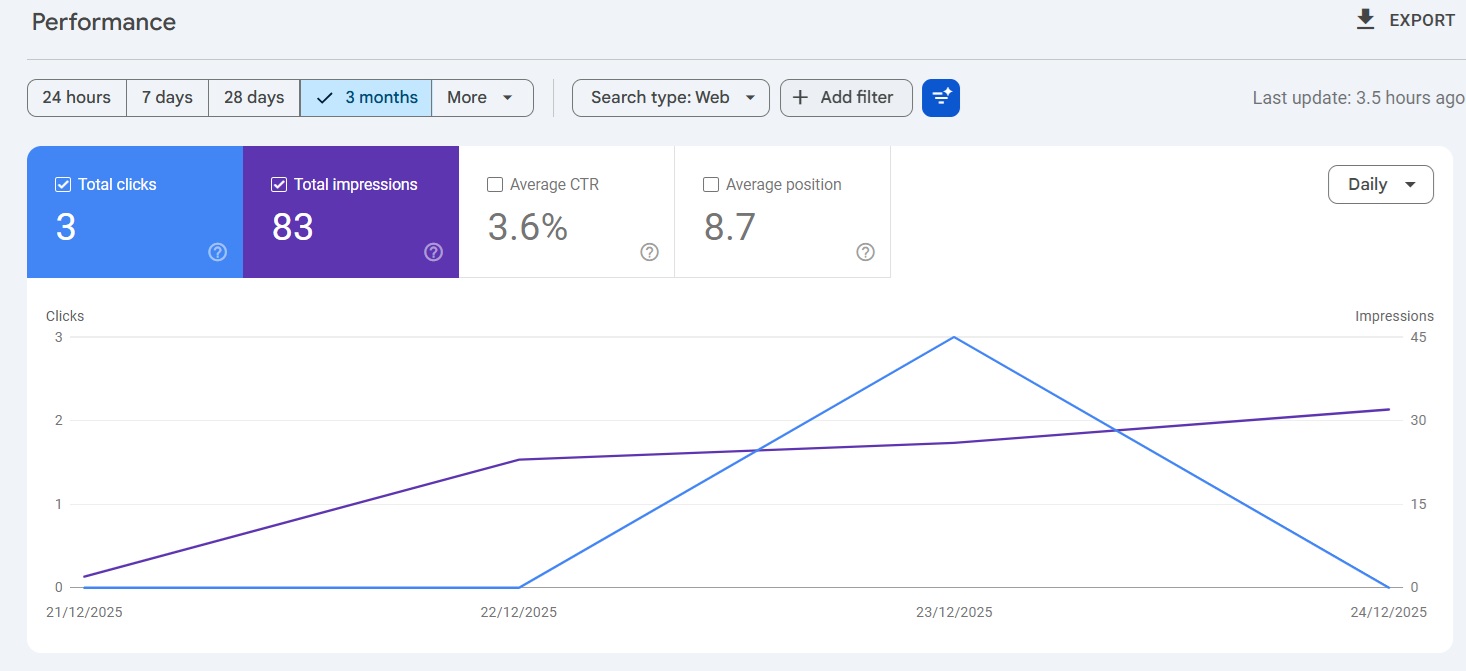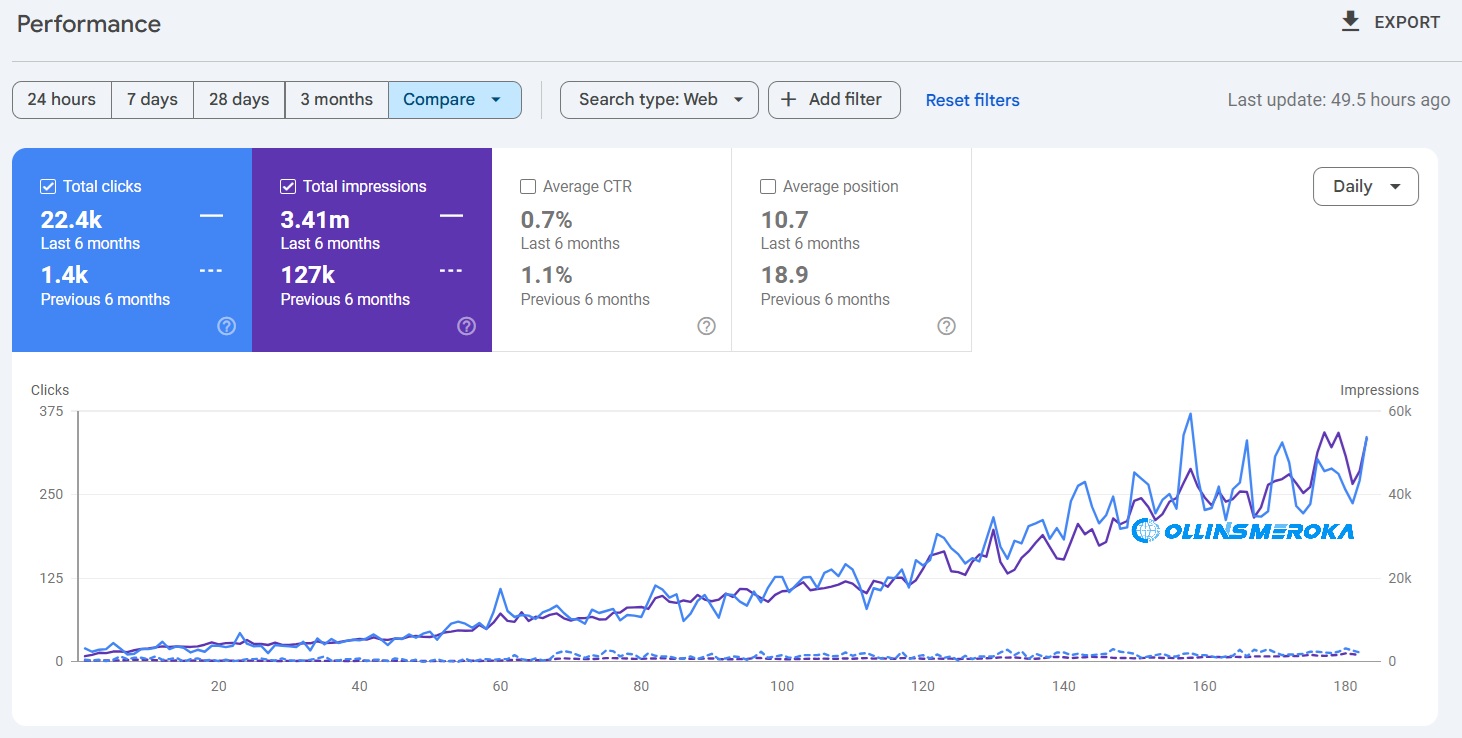SearchGPT is an innovative AI search prototype that was introduced by OpenAI on July 25, 2024. The new AI search is designed to enhance the way we interact with search engines. It leverages advanced natural language processing to deliver more accurate and human-like responses to queries.
Unlike traditional search engines, which rely on keyword
matching and ranking algorithms, SearchGPT focuses on understanding context and
providing conversational answers. OpenAI describes SearchGPT as a significant
step forward in making online searches more intuitive and efficient, aiming to
set a new standard for user experience in digital information retrieval.
How Traditional Search Engines Work
Traditional search engines, such as Google and Bing, have
been foundational in navigating the web for decades. Their functionality is
based on three primary processes: crawling, indexing, and ranking.
- Crawling:
Search engines use automated bots, known as spiders or crawlers, to
systematically browse the web and gather information from web pages.
- Indexing:
The collected data is then organized and stored in a massive database,
known as the index. This process involves parsing the content of each
page, identifying key elements like keywords, metadata, and the overall
structure.
- Ranking:
When a user enters a query, the search engine retrieves relevant
information from its index and ranks it based on complex algorithms. These
algorithms consider numerous factors, including keyword relevance, page
quality, user engagement metrics, and backlinks.
Traditional search engines have continuously evolved to
improve the accuracy and relevance of their results, incorporating machine
learning and AI to better understand user intent and deliver personalized
search experiences. Despite these advancements, their core reliance on keyword-based
algorithms remains a defining characteristic.
Key Differences Between SearchGPT and Traditional Search Engines
The following are some of the differences that we found from
the analysis of the OpenAI’s description of their new SearchGPT prototype and
our knowledge of traditional search engines.
|
Aspect |
SearchGPT |
Traditional
Search Engines |
|
Technology
& Algorithms |
Utilizes
advanced natural language processing and machine learning to understand
context and nuances. |
Relies on
keyword-based algorithms and ranking systems like PageRank. |
|
User
Interaction |
Offers a
conversational interface, providing detailed, context-aware responses. |
Presents a
list of web links in response to keyword queries. |
|
Accuracy
& Relevance |
Aims to
deliver more accurate results by understanding query context, reducing
irrelevant results. |
Accuracy
depends on keyword matching and relevance of indexed pages. |
|
Speed
& Efficiency |
Provides
faster responses by processing and understanding queries contextually in
real-time. |
Known for
speed, but relevance and precision can vary based on keyword efficiency. |
|
Personalization |
Offers higher
personalization by understanding user context and history to tailor
responses. |
Utilizes user
data and browsing history to personalize results, focusing on keyword
relevance. |
Advantages of SearchGPT
We can already see
potential advantages of SearchGPT based on the prototype description and
analysis. The following are some of the notable ways this new search will
benefit the users.
Enhanced User Experience with Natural Language Processing
SearchGPT uses sophisticated natural language processing to
understand and respond to queries in a human-like manner. This will make the
interactions more intuitive and satisfying for users.
Improved Accuracy in Search Results
By understanding the context and nuances of user queries,
SearchGPT delivers more relevant and precise answers, reducing the time users
spend searching for information.
Potential for Innovative Applications
The AI-driven approach of SearchGPT opens up possibilities
for various innovative applications, such as research assistance, customer
support, and personalized learning tools.
Increased Efficiency in Finding Relevant Information
SearchGPT’s ability to process queries contextually in
real-time leads to faster and more efficient retrieval of relevant information,
enhancing productivity for users.
Potential Limitations and Challenges of SearchGPT
Potential Biases in AI-Generated Results
- Challenge:
SearchGPT, like all AI models, is trained on vast amounts of data that may
contain biases. These biases can inadvertently affect the search results,
leading to skewed or unbalanced information.
- Example:
If the training data predominantly reflects certain viewpoints or lacks
diversity, the responses might favor those perspectives, potentially
misleading users.
Privacy Concerns
- Challenge:
As SearchGPT processes and stores user interactions to improve accuracy
and personalization, it raises privacy issues. Users may be concerned
about how their data is used and protected.
- Example:
Sensitive queries related to health, finances, or personal matters require
robust data protection measures to ensure confidentiality and prevent
misuse.
Dependence on High-Quality Training Data
- Challenge:
The effectiveness of SearchGPT is heavily reliant on the quality and
breadth of its training data. Inaccurate or outdated information in the
training set can lead to incorrect or irrelevant responses.
- Example:
If SearchGPT is not regularly updated with the latest information, it
might provide outdated medical advice or incorrect scientific data,
impacting user trust and satisfaction.
Comparison with Established Trust and Reliability of Traditional Search
Engines
- Challenge:
Traditional search engines have built a strong reputation over decades,
establishing trust through consistent performance and reliability.
SearchGPT, being a newer technology, must prove its credibility and
reliability.
- Example:
Users might be hesitant to switch to SearchGPT if they perceive
traditional engines as more dependable, especially for critical searches
like academic research or legal inquiries.
Potential Real-World Applications of SearchGPT
Case Study: Education
- Scenario:
In educational settings, SearchGPT can act as a virtual tutor. For
example, students can ask complex questions such as, “Explain the causes
of the French Revolution,” and receive detailed, contextual explanations.
This aids in deeper understanding and supports personalized learning.
Case Study: Healthcare
- Scenario:
Healthcare professionals can use SearchGPT to access the latest medical
research and guidelines. A doctor searching for the latest treatments for
hypertension can receive precise and up-to-date information, enhancing
patient care.
Case Study: E-commerce
- Scenario:
E-commerce platforms can integrate SearchGPT to enhance customer support.
For example, a customer looking for product recommendations based on
specific needs, like “best laptops for graphic design under $1000,” can
get tailored suggestions, improving the shopping experience.
Case Study: Travel and Hospitality
- Scenario:
Travel agencies can utilize SearchGPT to provide personalized travel
recommendations and itineraries. A user asking, “What are the best
destinations for a family vacation in Europe?” can receive customized
travel plans, making trip planning more efficient and enjoyable.
Case Study: Legal Assistance
- Scenario:
Legal professionals can use SearchGPT to quickly find relevant case laws
and legal precedents. For instance, a lawyer needing information on
“landmark intellectual property cases in the past decade” can get concise
summaries and detailed references, aiding in case preparation.
Future of Search Technology
Predictions for the Evolution of AI in Search
- Integration
of Multimodal Capabilities: Future AI search technologies like
SearchGPT could integrate text, voice, and visual inputs, allowing users
to perform searches using images or voice commands. This would make search
interactions more versatile and accessible.
- Enhanced
Personalization: As AI continues to develop, search engines will
become even more adept at understanding individual user preferences and
behaviors, delivering highly personalized search results that cater to
unique needs and contexts.
- Improved
Conversational Abilities: Future iterations of AI search tools are
likely to offer even more sophisticated conversational abilities, enabling
seamless, human-like interactions that can handle complex, multi-step
queries with ease.
- Greater
Integration with IoT: AI search engines could become integral to smart
homes and IoT devices, allowing users to search for information and
control their environment through natural language commands.
- Ethical
AI and Transparency: The future of AI in search will also focus on
ethical considerations, ensuring transparency in how results are generated
and addressing biases to provide fair and unbiased information.
Possible Integrations and Advancements
- Seamless
Integration with Business Applications: Businesses might integrate AI
search tools into their internal systems to enhance productivity and
streamline operations, such as using AI to manage large datasets or
support decision-making processes.
- Advanced
Data Analytics: AI-powered search engines will likely incorporate
advanced data analytics, helping organizations to gain deeper insights
from their data and make informed decisions based on comprehensive
analysis.
- Virtual
Reality and Augmented Reality: Future search technologies might
incorporate VR and AR to provide immersive search experiences, such as
virtual tours for real estate or interactive learning environments for
education.
The Ongoing Role of Traditional Search Engines
- Coexistence
with AI Search Technologies: While AI-powered search engines like
SearchGPT are set to revolutionize the search experience, traditional
search engines will continue to play a significant role. They will likely
coexist, with each serving different user needs and contexts.
- Adaptation
and Evolution: Traditional search engines will evolve to incorporate
more AI features, improving their capabilities and maintaining relevance
in an increasingly AI-driven landscape.
These advancements suggest a future where AI search
technologies and traditional search engines work together to provide comprehensive,
efficient, and highly personalized search experiences for users worldwide.
Bottom Line
In conclusion, the introduction of SearchGPT marks a
significant milestone in the evolution of search technologies. By leveraging
advanced natural language processing and machine learning, SearchGPT offers a
more intuitive, accurate, and personalized search experience compared to
traditional search engines.
While it presents exciting opportunities across various sectors, it also faces challenges such as potential biases and privacy concerns. As AI continues to advance, we can expect further innovations that will transform how we interact with information, making searches more efficient and user-friendly. The future of search technology promises a harmonious blend of AI and traditional methods, ensuring that users receive the best possible search experience.
About the Author

Collins Meroka is a Digital Marketing Consultant with over a decade of experience applying psychological principles to digital marketing campaigns across Kenya. He holds a degree in Telecommunications... [Read more]


